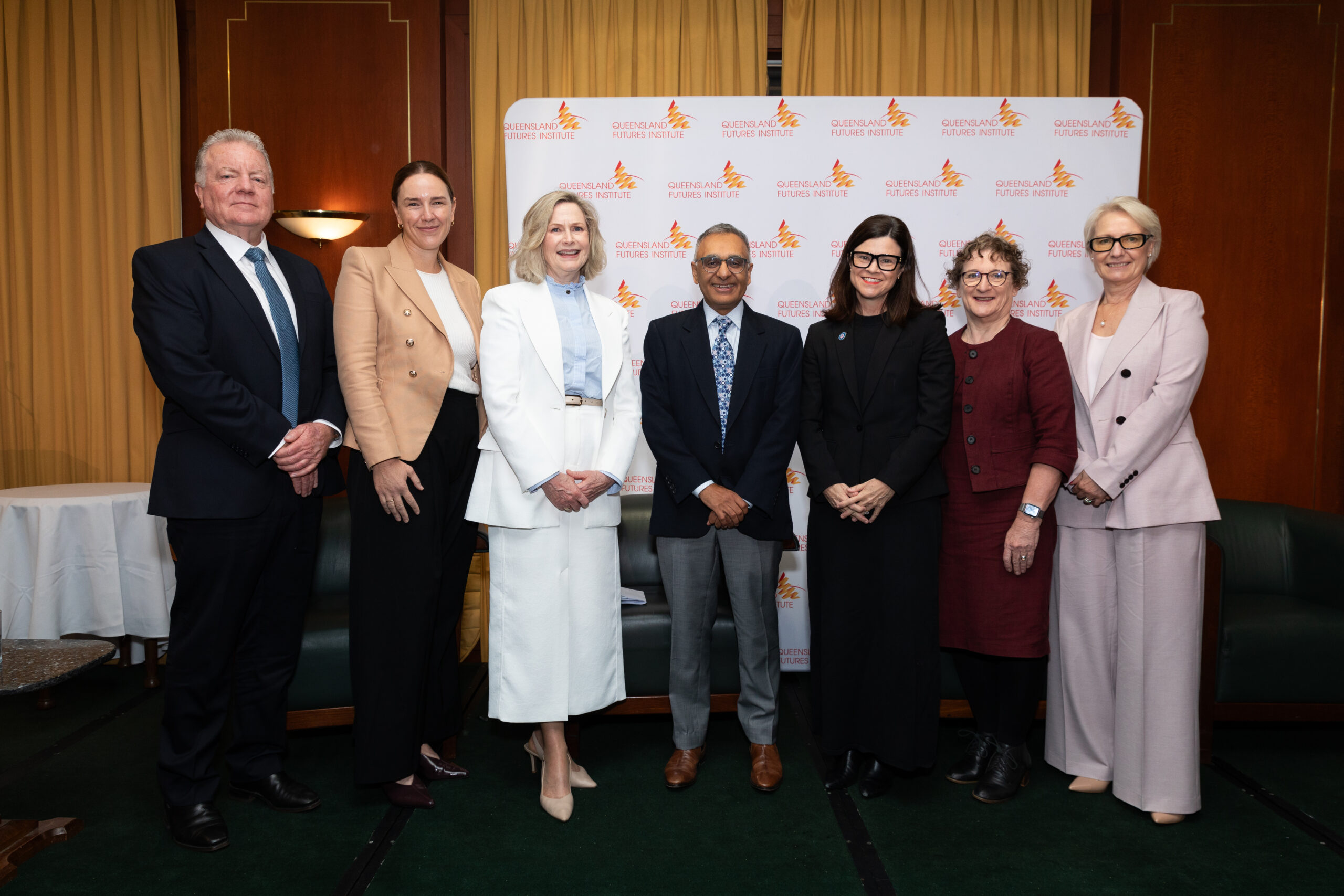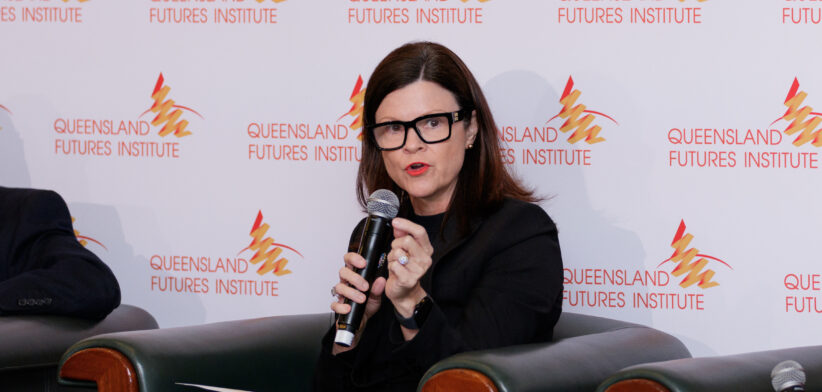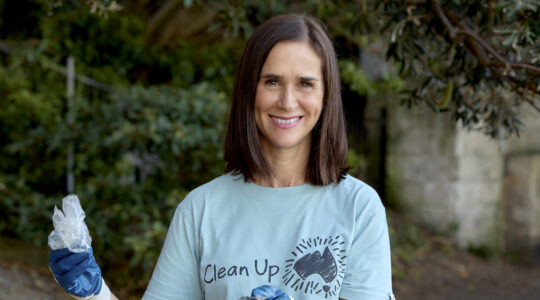By Shane Rodgers
Queensland children are facing a shorter life span than their parents as juvenile diabetes and high cholesterol become more prevalent in kids.
Health and Wellbeing Queensland CEO Robyn Littlewood said Type 2 Diabetes was “unheard of” in children when she started work in nutrition more than 20 years ago.
It was now common to see this type of diabetes in young people, as well as high cholesterol levels.
“Kids today will live a shorter life than their parents, for the first time in Queensland,” Dr Littlewood told the Queensland Futures Institute Solutions for a Healthy State forum this morning. “You should be outraged at this.”
Dr Littlewood said there had also been a major change in our chronic disease profile and life expectancy differences between the major cities and more remote areas.
Half of all people were now living with at least one chronic disease (obesity, cardiac, stroke, cancer etc) and 40 percent of the state’s “health burden” was preventable.
The median age of death in Brisbane was 82 years while the median age of death in some parts of North Queensland was 52 years.
Dr Littlewood said, to address these issues, there needed to be a much greater focus on preventable health.
“We’ve got the best (health) system here in the world hands down,” she said. “(However) the funding model does not help with…prevention.
“Everything in the world has changed and we need to think about things differently. If we do nothing, we don’t stay the same, we get worse.”
Dr Littlewood said people who currently had one chronic disease were likely to develop more over time.
“We have to do prevention,” she said. “We have to keep people away from hospitals.”
Health Service Chief Executive (Metro South Health) Noelle Cridland told the forum the health system was facing challenges with the volume of workforce required.
“What we are seeing is people staying (for) far shorter (periods) in their health careers than they once did,” she said. “Once upon a time you were a nurse or a doctor or a physio for life. That’s not necessarily the case anymore.”
Around 75 percent of nursing and midwifery staff were working part-time, and increasingly senior medical officers were seeking shorter weeks.
The growth of part-time work meant the system had to process and manage more people to do the same amount of work.
University of Southern Queensland Vice-Chancellor Karen Nelsen said there was a strong focus on training health professionals in the regions.
Their data showed that 80 percent of students who training in regional areas stayed there for employment.









